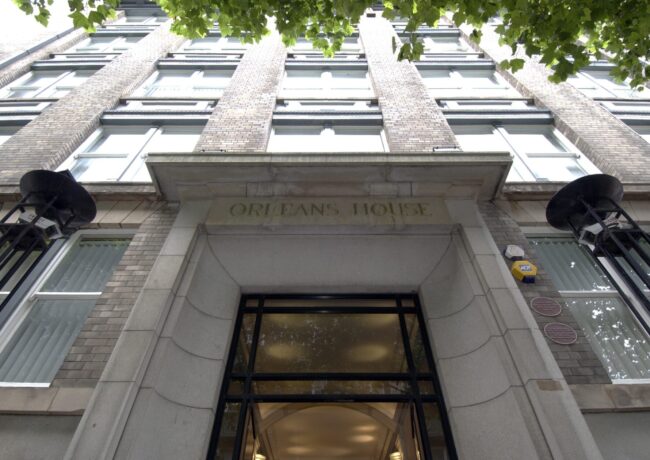Give cities power over PDR, says report
A report published by the Centre for Cities think tank examining the challenges posed by the speed of city centre development has recommended that cities be allowed to exclude their centres from Permitted Development Rights conversions.
The recommendation comes along with a call for controlled green belt development as the Centre suggested regional leaders needed more ability to control policy following a 20-year spell of rapid growth.
The City Space Race report warns that too much office-to-residential conversion – a coalition government policy fully adopted in 2015 – could damage continued job creation.
Although less taxing in Manchester, where take-up and rental levels have sustained a market where office owners have less need to consider changes of use, this is an issue that has aroused some concerns in Liverpool, where several large buildings in the traditional office core around Old Hall Street have been converted. Delph Property paid £9.6m for Orleans House in 2016, taking on plans for a 71-unit PRS scheme.
Over the period studied, Manchester has seen the highest combination of jobs and residential growth in central areas, followed by Leeds, Birmingham and Liverpool.
The city centre populations of these cities all grew more than 6.5 times faster than that of London’s between 2002 and 2015, with the towns and cities of the South East, not needing to adapt to a post-heavy industry economy, experiencing less rapid change.
Jobs growth in Manchester city centre outpaced all other cities in England and Wales, including that of London, while in Liverpool, the city centre population grew more than eight times faster than growth in London between 2002 and 2015.
Andrew Carter, chief executive of Centre for Cities, said: “Thirty years ago the centres of Manchester and Liverpool were run-down and struggling, but since then have undergone dramatic transformation.
“This urban renaissance has brought opportunities for people living across the cities and surrounding areas, and it’s vital that it continues. But for that to happen, local leaders need to take tough decisions on how to sustain the growth of the commercial centre, while also providing the homes that people need.”
Carter continued: “Public debate on these questions has rightly focused on housing issues in the city. But addressing these problems shouldn’t come at the expense of city centre commercial space, which will be vital in bringing more businesses, jobs and opportunities in the future.
“Reforming planning laws to protect the commercial heart of the city – and to encourage more housebuilding in other areas – will help Manchester and Liverpool to manage these competing demands, and to continue to prosper in future.”
The report was sponsored by law firm DAC Beachcroft. The firm’s head of planning Christopher Stanwell said: “The report captures the essence of competing dynamics in our city centres.
“Solutions lie in sophisticated, collaborative responses that recognise the different patterns of use in different cities and that not all green belt is equal. Variable situations require flexible approaches.”





Bit late in Liverpool’s case. The commercial market has been allowed to be decimated, and to whose benefit? How long ago was Orleans House finished? Because I can tell you at night time the majority of lights are still off!
Instead of being promoted as a commercial centre and enjoying an influx of north-shoring, just as Manchester is enjoying, its entire economy has been undermined. Success begets success, and failure leads to failure.
People should be held accountable for what has been allowed to happen.
By Mike